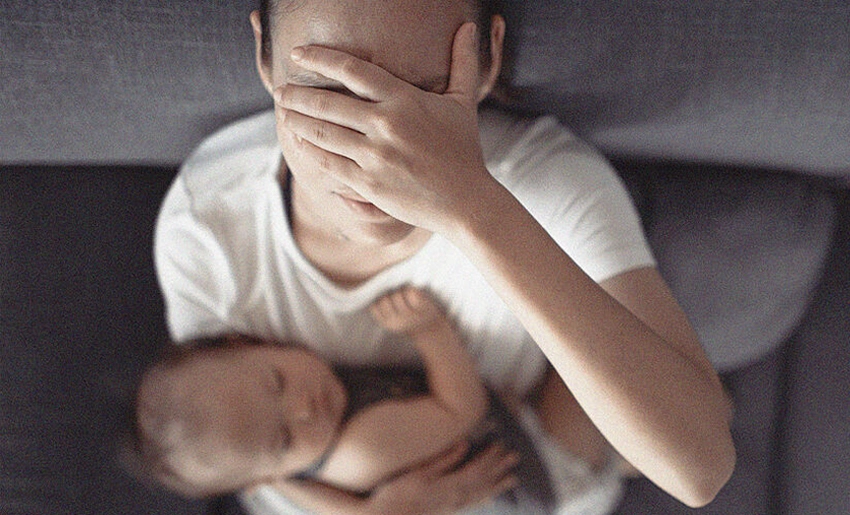The birth of a child is usually celebrated as a miracle, a time of joy and fulfillment. However, behind the perfect photos on social networks and congratulatory messages, hides a little-visibilized reality: postpartum post-traumatic stress disorder (PTSD-PP).
A condition that affects a significant number of women, especially new mothers at a young age, becoming a danger to their mental and physical health.
What is PTSD-PP and why is it a risk for young mothers?
PTSD-PP is a severe psychological reaction that occurs after a perceived traumatic childbirth. It is not simply the postpartum blues (“baby blues”) which are common and transient.
Postpartum stress involves symptoms such as: reliving childbirth over and over again through nightmares or flashbacks, avoiding places, people or situations reminiscent of childbirth. Constant alertness, difficulty relaxing, and feelings of guilt, shame, anger or hopelessness also occur.
Young new mothers are particularly vulnerable because they often lack the experience, support and emotional preparation needed to cope with a complicated birth.
Lack of information, fear of pain, loneliness and medical complications during childbirth can significantly increase the risk of developing PTSD-PP. In addition, social pressure and idealization of the maternal role may make it difficult for these young women to seek help, feeling that they should not “complain” or that they are “bad mothers.”
Traumatic childbirth can include: very long and painful deliveries, serious medical complications for the mother or baby, feelings of loss of control or of having been treated with disrespect.
If left untreated, PTSD-PP can have devastating consequences for the mother, baby and family. Increases the risk of developing more severe depression. Difficulty connecting emotionally with the baby. Stress that interferes with milk production and social isolation and conflict with partners.
It is crucial that society, health professionals and families watch for signs of postpartum post-traumatic stress and offer the necessary support.
Preparing expectant mothers for the different possible scenarios during labor and providing them with tools to cope with pain and stress is of utmost importance. Also, ensure that medical personnel treat mothers with empathy, respect and provide them with clear and honest information about their situation.
One feasible avenue is to seek help from a therapist specializing in trauma, such as cognitive behavioral therapy (CBT) or eye movement desensitization and reprocessing (EMDR).
PTSD-PP is a reality that we should not ignore. By making this problem visible and providing the right support. We can help young mothers overcome this trauma so that they can fully enjoy motherhood. It is essential to remember that seeking help is not a sign of weakness, but an act of courage and self-love.
By: Indira Vania López Samé
Translated by Aliani Rojas Fernandez
- Medical Equipment in Holguin Guaranteed to Be in Operation - 12 de February de 2026
- Aid Arrives in Cuba from Mexico - 12 de February de 2026
- Tauba Holmotor in Holguin Expands Production Through Innovation - 12 de February de 2026

